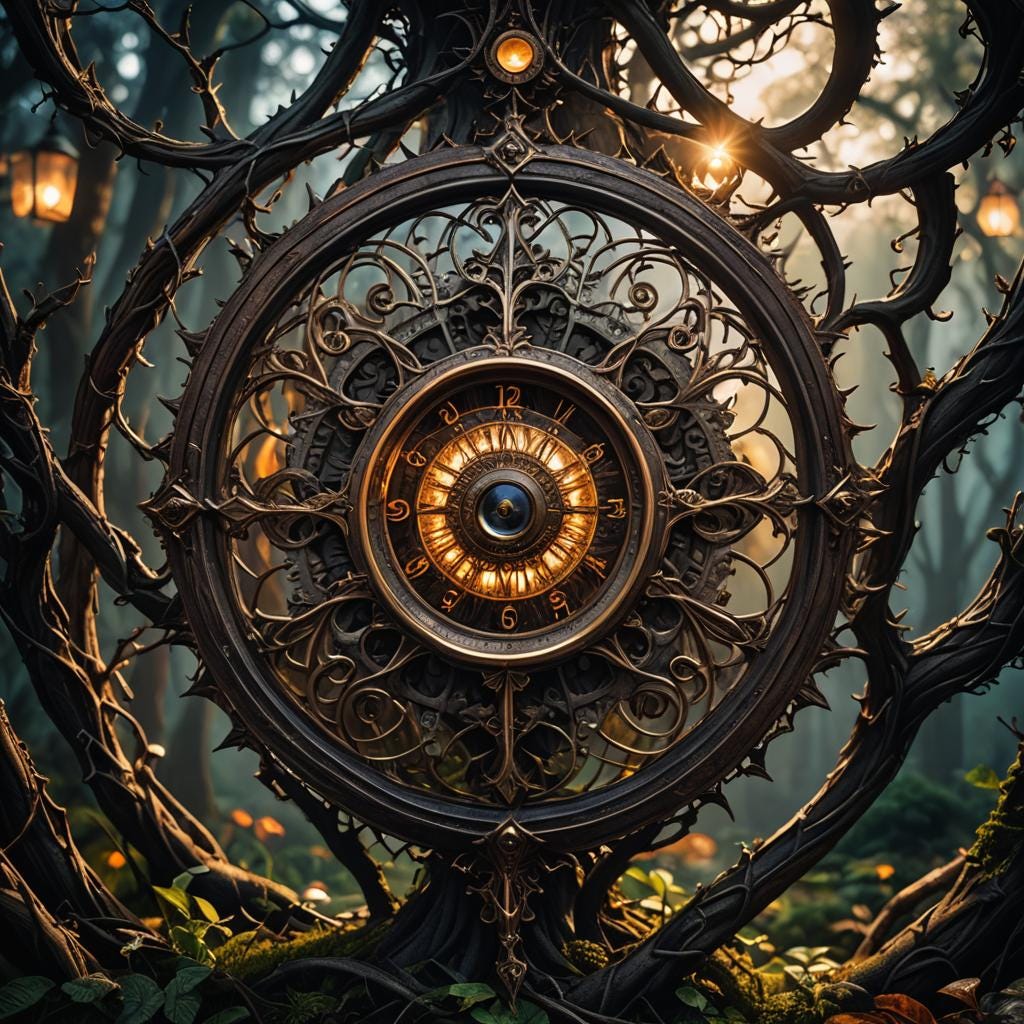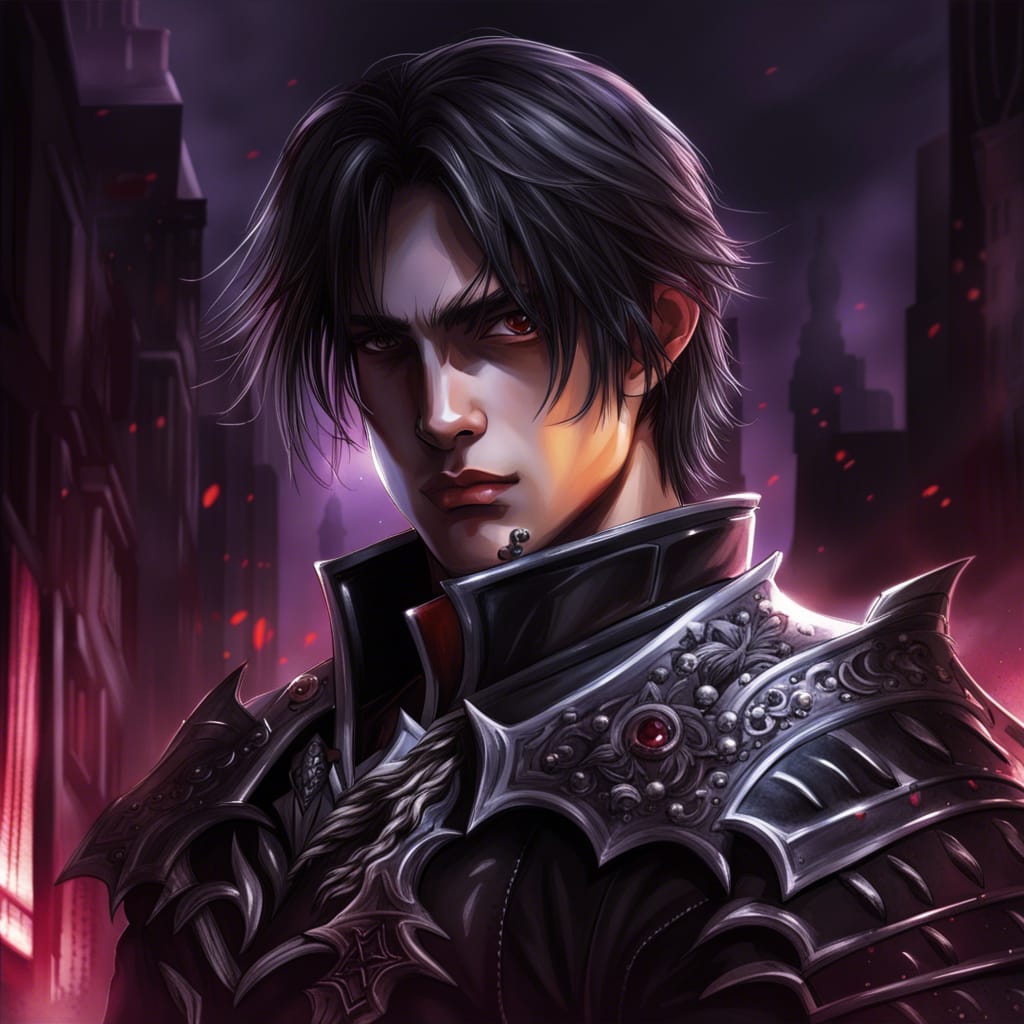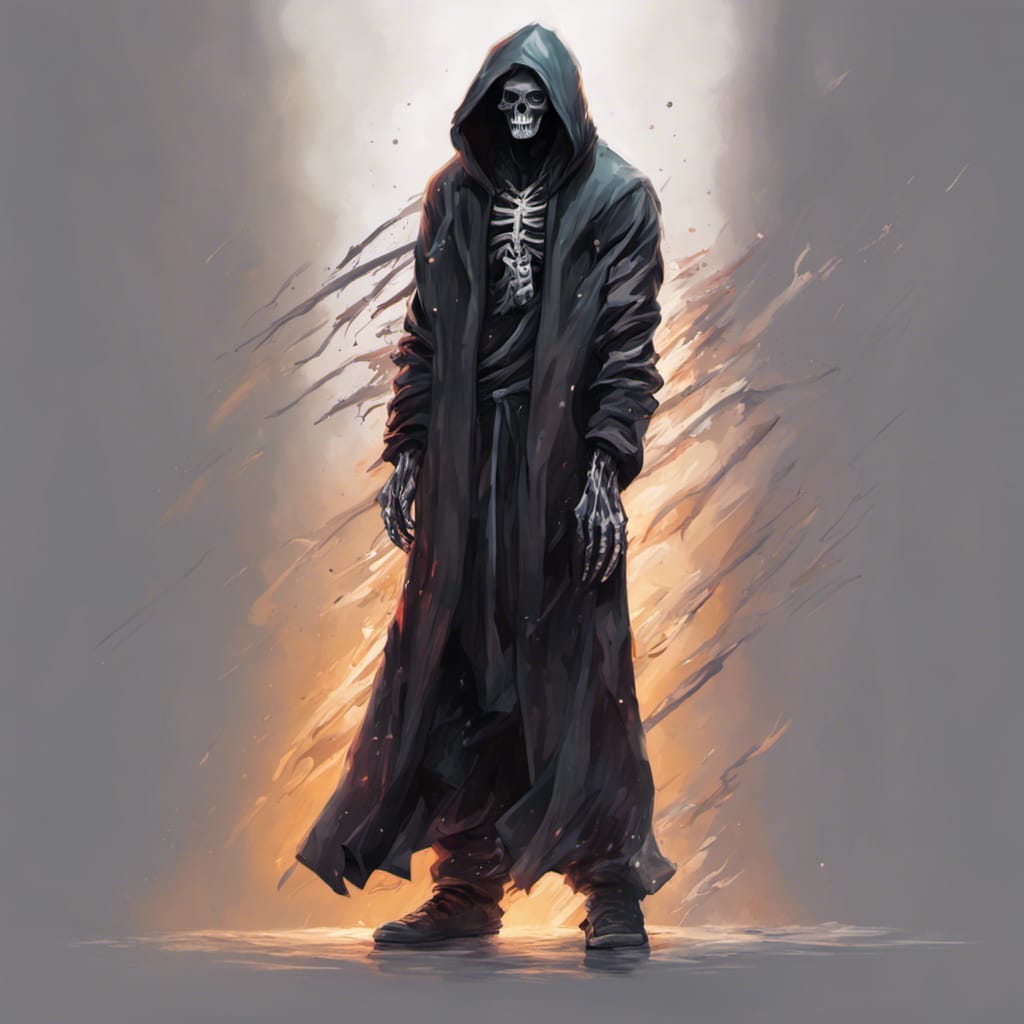Draoithe Saga Fictional Nonfiction
A Look At Fantasy, Magic, and Characters
(Updated June 2025)
This week, I spent an inordinate amount of time wishing I had a magic wand to accomplish more. If I could move as swiftly as Andrei Alexandrescu, maybe I could get everything I want done in a hurry. Sadly, I lack superhuman speed, so I must settle for plodding along in my efforts to bring the dream to light one small step at a time. That led to thinking about magic and the role it plays in fantasy tales, specifically how it shapes characters because I see the stories of the dream as character driven tales.
Fantasy literature has always been enhanced by magic. From powerful wizards to magical creatures, magic plays an essential part in shaping both worlds and characters. Elements that violate natural laws of the known world often define fantasy literature and thus qualify as magical elements, from enchanted realms and mythical creatures to wizards and witches casting spells; magic plays an integral role in fantasy literature's allure.
How characters interact with these supernatural elements may heavily shape their progression throughout a story's course, as well as influence their personalities, values, and world perceptions. But exactly what role does magic play in character development for fantastical beings?
In the Draoithe Saga, some were born with magic, some stumbled over it during their lives, and others actively sought it out. Knowledge surrounding magic, how it works, and how it affects the individual are recurring themes in the dream, but these concepts have influences from a genre which, from its beginnings, used magic as a cornerstone.
Fantasy literature frequently uses magic as a symbol for power with multiple implications, providing another layer for character development. Power takes many forms and often leads to different paths for characters impacted by it. For instance, in JRR Tolkien's The Lord of the Rings, the One Ring affects multiple characters differently, from Frodo and Sam using its power for good to Gollum's corruption by it. Magic tests character resolve, influences decisions, and ultimately shape destinies, making magic an invaluable way of unveiling individual personalities as it uncovers complexities and depth.
Fantasy novels often feature characters who possess magical abilities or carry magical objects with them on their journeys. Magic may mark the start of character evolution within fantasy fiction stories, as its discovery requires the characters to adapt while reflecting their internal change. These elements serve as catalysts. For example, Harry Potter's discovery that he is a wizard sets into motion his transformation from an average boy into one of the "Boy Who Lived," revered among magical peers. Magic, its mastery, and how he differs from non-magic people tremendously affected his growth.
Magic can provide a reflection of society, reflecting norms in a mirroring effect. This effect may be darker or lighter than the truth. By employing social stratification based on magical abilities, magic provides an excellent way to develop characters organically and realistically while showing how they react when confronted with marginalization or privilege. Magic forms an implicit commentary on social structures, as it influences character actions and development. Leigh Bardugo's Grisha Trilogy provides an example where magic-users are both revered and oppressed, yet these powers still affect the main character, shaping her self-perception, worldview, and conduct towards others.
Magical rules governing fantasy worlds also play an essential part in character development. Sometimes the use of magic comes with costs or moral dilemmas that characters must carefully consider, like Ursula K. Le Guin's A Wizard of Earthsea, where magic functions on a fair exchange model with any disruption resulting in devastating repercussions; this framework helps develop Ged's wisdom and caution as he matures.
Magic acts as a metaphorical device, highlighting essential character qualities and prompting introspection. Characters might uncover latent magical abilities within themselves that symbolize unrecognized or neglected aspects of their personality; or they might learn how to control and use magic themselves, reflecting their journey in mastering emotions and inner turmoil.
In fantasy literature, magic is far more than an ornamental element. It plays an essential role in shaping character development; acting as a catalyst for change, symbolizing power, mirroring societal norms, dictating narrative rules, serving as metaphors for self-discovery and growth; all making its place felt throughout a novel's pages. Through interactions with magic in fantasy literature, characters embark upon journeys of self-discovery that reveal both strengths, weaknesses, and the depths of their humanity, if human or not.
The dream has all these elements. Some are more pronounced than others. Some darker or lighter in the mirror than they would be if the dream was the real world. The dream itself is a form of near sentient magic, and it, too, is a character. You need not take my word for it. You have already edged close to the magic reading this essay. The Draoithe Saga is a portal for anyone who wishes to escape.
I hope you enjoyed the foray into fictional nonfiction. Thank you for your support! Welcome to the dream… Sincerely, -OK
Read the Draoithe Saga
Subscribe and Read it all as I Write.
https://opheliakee.com/order?link=KLJQS
Buy books:
Payhip https://payhip.com/OpheliaKee
Books2Read https://books2read.com/OpheliaKee









